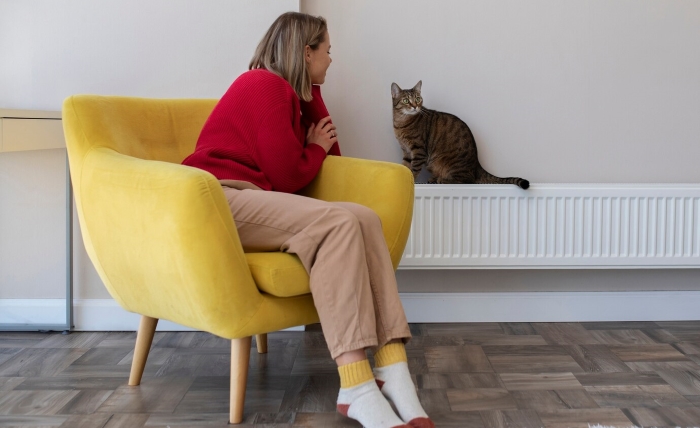When it comes to enhancing the comfort of your home while coupling practicality with style, choosing the right radiators can make a significant difference. Radiators not only warm your space but also contribute considerably to your home’s aesthetic. With a myriad of designs available, deciding between traditional and modern radiators can be perplexing. This decision often boils down to personal taste, the decor of your home, and energy efficiency needs.
Understanding Traditional Radiators
Traditional radiators, often known for their classic, cast-iron design, harken back to a period when homes were built with elegance at the forefront. They are typically characterised by their robust and heavy nature, often featuring ornate detailing that adds a vintage touch to any room. These radiators are more than just heating devices; they are statement pieces that speak of an era where form and function were flawlessly combined.
Traditional radiators are ideal for period properties or homes aiming to retain or recreate a classic charm. However, these units can come with a higher price tag, especially for those featuring intricate designs or custom finishes. Traditional models can also be slower to heat up, although their ability to retain heat longer acts as a compensatory benefit, contributing to energy efficiency in a unique manner, especially when paired with programs like direct energy free nights that allow for cost-effective energy use during specific hours.
The Appeal of Modern Radiators
On the flip side, modern radiators offer a sleek and minimalist design, aligning with current trends for contemporary and functional home aesthetics. These radiators are often crafted from materials such as aluminium or steel, which not only makes them lightweight but also allows for rapid heat distribution, making them highly efficient.
Modern designs are highly versatile, providing an abundance of choices when it comes to colours, styles, and sizes. This flexibility ensures that a modern radiator can seamlessly integrate into any room design, from an ultra-modern kitchen to a minimalistic living room. An added advantage is the potential for additional features such as energy-saving technology or dual-fuel capabilities, offering households the convenience of switching between electric and central heating systems.
Matching Radiator Style to Your Home
The decision between traditional and modern radiators is largely influenced by the existing decor of your home and personal style preferences. Traditional radiators might be more suitable for homes that boast a classic or vintage aesthetic. Homes with wooden beams, elaborate cornices, or antique furniture would greatly benefit from the addition of traditional radiators, which could serve as a complementary element enhancing the overall look.
Conversely, if your home is a new build or follows a more contemporary design, modern radiators can amplify the space’s simplicity and elegance. Their minimalist appearance blends well with open-concept spaces and can serve as a subtle art form on their own, contributing to the room’s ambiance without overshadowing other design elements.
Balancing Functionality and Aesthetics
Regardless of the choice between traditional and modern designs, it’s crucial to consider the radiator’s functionality in relation to your home’s heating needs. Evaluate factors such as the size of the space, insulation efficiency, and the potential impact on energy bills. It’s worth consulting with a heating specialist to ascertain which radiator style is likely to provide the best thermal comfort for your particular needs without compromising on style.
Ultimately, whether opted for their aesthetic or functional value, radiators serve as an essential component of home design. Selecting the right style not only improves heating efficiency but also underlines the home’s interior narrative, adding either a touch of contemporary flair or enduring elegance.

